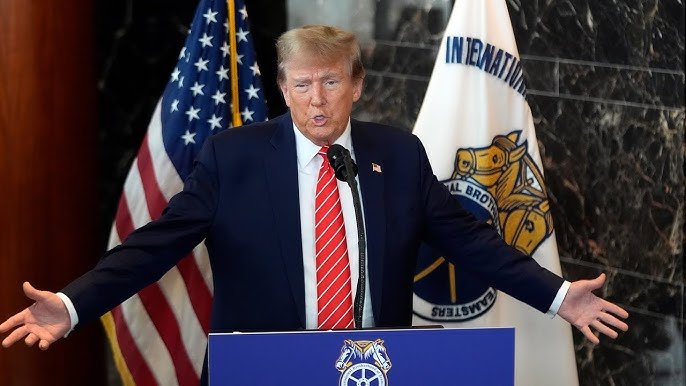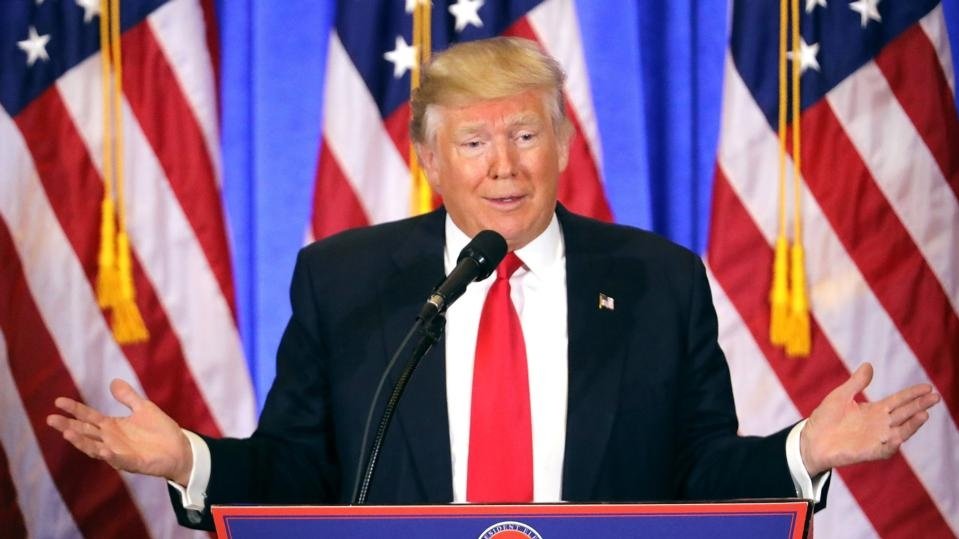Washington D.C.: A historic moment unfolded on January 20, 2021, as Joe Biden was sworn in as the 45th President of the United States. With this inauguration, a new chapter in American politics began, marking the end of one political era and the beginning of another. The 46th President’s administration is expected to bring significant changes in both domestic and foreign policies, offering new hope and opportunities while addressing ongoing challenges. Biden’s journey to the White House is a story of resilience, determination, and unwavering commitment to the ideals of democracy.
Joe Biden’s Journey to the White House
Joe Biden, a seasoned politician with nearly five decades of experience, became the oldest individual to assume the presidency at the age of 78. His political career spans over four decades, including eight years as vice president under President Barack Obama. This extensive experience shaped Biden’s approach to governance, which has been marked by an emphasis on unity, bipartisanship, and a commitment to tackling some of America’s most pressing issues.

Biden’s path to the presidency was not without its challenges. His 2020 campaign focused on a stark contrast to his predecessor, Donald Trump, advocating for a return to normalcy, unity, and decency in American politics. Biden’s message resonated with a nation weary from political polarization and unrest. His victory in the 2020 election was seen as a signal that many Americans yearned for a more measured, empathetic, and collaborative approach to leadership.
A Promise of Unity and Healing
In his inaugural address, President Biden called for unity, emphasizing that the soul of the nation was at stake. He urged Americans to come together, regardless of their political beliefs, to heal the divisions that have plagued the country for years. “We must restore the soul and secure the future of America,” Biden stated, emphasizing the need to overcome the deep political and social rifts that have become more apparent during the past administration.

Biden’s call for unity was not just about overcoming partisan differences but also about tackling the systemic issues that have created deep divides within society. He pledged to be a president for all Americans, promising to prioritize the needs of the working class, minorities, women, and other marginalized groups who have been left behind for far too long.
Facing Immediate Challenges: COVID-19, the Economy, and More
One of Biden’s primary tasks upon taking office was to address the ongoing COVID-19 pandemic, which had wreaked havoc across the nation, causing loss of life and economic turmoil. Biden quickly rolled out an ambitious plan to combat the virus, emphasizing the importance of mask-wearing, social distancing, and accelerating the vaccine distribution process. His administration inherited a country in crisis, with over 400,000 deaths and millions of jobs lost.
Biden’s approach to the pandemic has focused on science-based decision-making, with a promise to follow expert guidance and make public health a priority. His American Rescue Plan, a $1.9 trillion economic relief package, was designed to provide much-needed financial assistance to families, businesses, and local governments, helping them recover from the economic fallout of the pandemic.

But the fight against COVID-19 was only one part of the puzzle. Biden also faces the monumental task of rebuilding the American economy, which has been battered by the pandemic. His administration is focusing on job creation, infrastructure investments, and a green economy that can drive sustainable growth. The American Jobs Plan, which emphasizes clean energy, roads, bridges, and broadband infrastructure, represents one of his central policy goals.
A Shift in Foreign Policy: Rebuilding Alliances
Biden’s presidency marks a sharp departure from the foreign policy stance of his predecessor, Donald Trump. Under Trump, America withdrew from several key international agreements, including the Paris Climate Agreement and the World Health Organization. Biden has already moved to re-enter the Paris Accord and pledged to restore America’s leadership on the global stage. He emphasized the importance of multilateralism and rebuilding alliances with traditional allies such as NATO, the European Union, and Asia-Pacific nations.
Biden’s vision for U.S. foreign policy centers around cooperation, diplomacy, and a rules-based international order. He recognizes that the challenges of the 21st century—whether climate change, global health, or cybersecurity threats—require international collaboration. By rebuilding America’s alliances, Biden aims to present a united front on global issues, showing the world that the U.S. is once again ready to lead with integrity and respect for international norms.
Domestic Reforms: Tackling Inequality and Systemic Issues
Biden’s administration has also signaled a commitment to domestic reforms that focus on addressing inequality and systemic injustice. He has made it clear that addressing issues such as racial inequality, police reform, and voting rights will be central to his presidency. Biden’s strong support for the Black Lives Matter movement and his commitment to criminal justice reform reflect his determination to make America a more just and equitable society.
Additionally, Biden has taken steps to implement comprehensive immigration reform, undoing some of the more controversial policies of the previous administration. His focus on reforming the immigration system includes providing a pathway to citizenship for Dreamers (undocumented immigrants brought to the U.S. as children) and creating a fairer, more humane system for refugees and asylum seekers.
Biden has also made significant strides in advocating for women’s rights and LGBTQ+ rights, appointing a diverse cabinet that includes historic firsts for both women and LGBTQ+ individuals in senior positions.
Climate Change and Sustainability
Another cornerstone of Biden’s agenda is climate change. Having made clear his commitment to addressing the climate crisis, Biden has rejoined the Paris Climate Agreement and set ambitious targets for reducing U.S. greenhouse gas emissions. His administration aims to make the U.S. a global leader in the fight against climate change while investing in clean energy and green jobs to transition the country away from fossil fuels.
Biden’s ambitious goal is to have the U.S. reach net-zero emissions by 2050, with key steps taken to decarbonize the economy and promote sustainable practices. He has pledged to put in place policies that prioritize the environment, such as making homes and buildings more energy-efficient, electrifying the transportation sector, and investing in renewable energy sources.
Also read:8th Pay Commission Unlocks Significant Salary Gains for Central Workers
A Legacy in the Making
As President Biden embarks on his first term, the challenges ahead are immense. From tackling the lingering effects of a pandemic to addressing deep-seated inequality, economic uncertainty, and the climate crisis, Biden’s presidency has no shortage of difficult issues to tackle. But his extensive experience, commitment to unity, and focus on long-term solutions offer hope that the United States will navigate these challenges with resilience and compassion.
Biden’s presidency represents more than just a change in leadership—it signals a new era in American politics, one focused on healing, rebuilding, and progress. As the nation looks to move forward, all eyes will be on the 46th President to see how he fulfills his promises and leads America into a brighter, more inclusive future.




